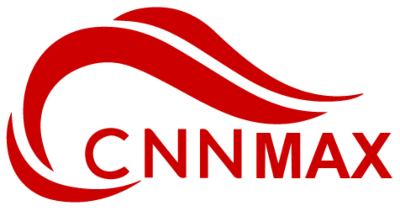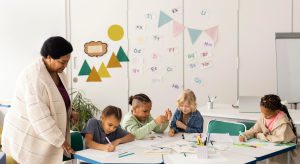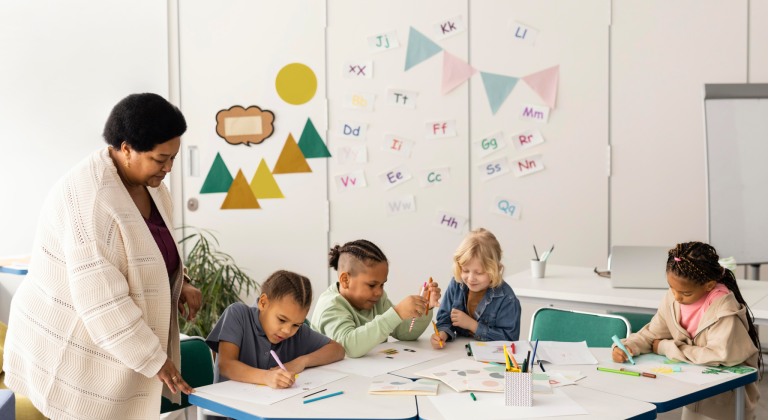In today’s rapidly evolving educational landscape, the need for personalized approaches to learning has become increasingly clear. Nowhere is this more evident than in the implementation of individualized education programs (IEPs), which are designed to provide students with disabilities the support they need to succeed in school. As classroom dynamics shift, technology advances, and awareness of neurodiversity grows, specialized learning in IEPs matters more than ever.
1. Meeting Diverse Needs in Modern Classrooms
Classrooms today are more diverse than ever before, not just in culture and language, but also in cognitive abilities and learning styles. This diversity demands teaching strategies that move beyond one-size-fits-all instruction. IEPs, when properly developed and implemented, allow educators to tailor instruction to each student’s unique strengths and challenges.
Specialized learning plans recognize that students with disabilities often require different approaches to achieve the same academic goals as their peers. Whether it’s modified curriculum content, assistive technology, or behavioral supports, individualized strategies help level the playing field and promote true educational equity.
2. Supporting Holistic Development for Every Learner
IEPs are not just about academic performance; they encompass social, emotional, and behavioral development as well. In a world where mental health and social-emotional learning are finally receiving the attention they deserve, specialized learning is key to supporting the whole child.
Students with IEPs often need structured support for emotional regulation, peer interactions, and self-advocacy. Specialized learning plans provide a framework to address these needs in a way that general education settings cannot always accommodate. By fostering both academic and personal growth, IEPs prepare students for long-term success beyond the classroom.
3. Promoting Inclusion Through Personalized Instruction
Inclusion is no longer a buzzword; it’s a best practice. But inclusion cannot be truly effective without individualized planning. IEPs are the cornerstone of inclusive education, ensuring that students with disabilities can participate in general education environments without being left behind.
Specialized learning helps bridge the gap between accessibility and accountability. It enables educators to adapt curriculum delivery without lowering expectations, guaranteeing that students receive both the challenge and the support they need. This dual focus promotes confidence, independence, and a sense of belonging — key elements for any successful learner.
4. Enhancing Teacher Effectiveness With Clear Guidelines
IEPs provide educators with specific, actionable goals and strategies, improving their ability to teach effectively. In today’s educational climate — marked by large class sizes, diverse learners, and time constraints — teachers benefit immensely from clear, individualized roadmaps.
Specialized learning allows teachers to better manage differentiated instruction, track student progress, and collaborate with specialists and families. Rather than relying on guesswork or generalized methods, teachers can use the IEP as a strategic tool to guide instruction and intervention.
5. Ensuring Equity in a Changing Educational System
Educational equity has become a central concern, particularly as schools reckon with the disparities exposed by remote learning and systemic inequality. IEPs are a vital mechanism to ensure that students with disabilities are not left behind in these shifts.
IEP specialized learning guarantees that equity is not just a goal but a practice. By providing individualized accommodations, services, and instruction, IEPs make sure that students with disabilities receive the attention, resources, and support they are legally and ethically entitled to. In an era when education must serve all learners fairly, the role of specialized learning in IEPs cannot be overstated.
6. Preparing Students for Real-World Success
Ultimately, the purpose of an IEP is to prepare students for life beyond the classroom. Whether a student is transitioning to higher education, vocational training, or the workforce, specialized learning ensures they develop the skills necessary to thrive in real-world settings.
From fostering independence and problem-solving to building communication and life skills, IEPs provide a launchpad for future success. In a world where adaptability and personalized growth paths are increasingly important, students with specialized learning plans are better equipped to meet the challenges ahead.
As education continues to evolve, the need for meaningful, individualized learning grows stronger. IEP specialized learning is not just a legal requirement; it’s a lifeline for students with disabilities, offering them a fair chance to learn, grow, and succeed. Now more than ever, we must champion these personalized approaches to ensure that every learner receives the support they need to thrive.







